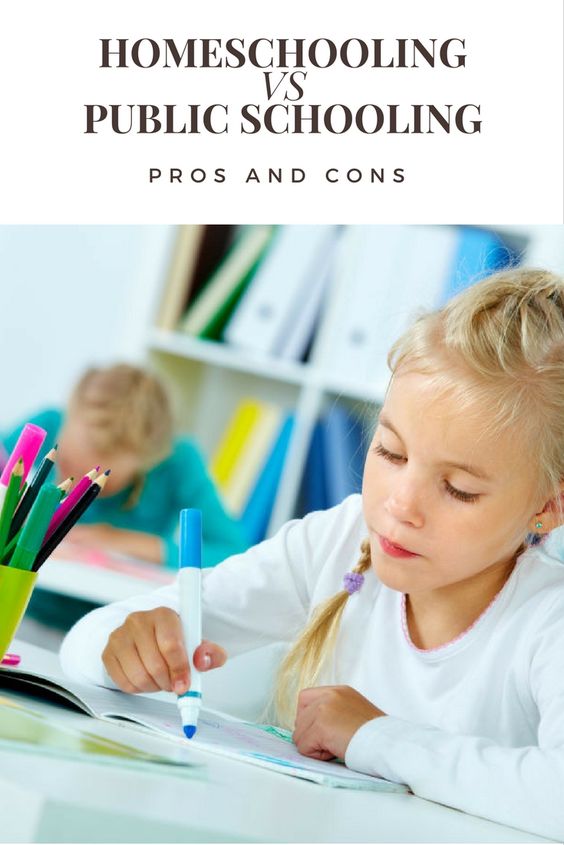
HOMESCHOOLING VS PUBLIC SCHOOLING: PROS AND CONS
Share
There is a movement happening in the United States right now. Parents are pulling their children out of the public school system and choosing to homeschool. According to a report from the U.S. Department of Education, the amount of homeschooled children has risen to approximately 1.7 million as of 2013. This is a trend that has removed 3.4% of the school-aged children from the public school system in America. Being a second-year homeschool mom, I can assure you that this is not for everyone. There are tears, there is joy and there is a lot of work. So let’s see how homeschooling measures up. Why should you choose to homeschool or why should you choose to use the public school system?
One of my personal favorite benefits of homeschooling is that the workload for the child is nowhere near as much as it is in public school. Public school students have a backpack filled with heavy books to take to school. After school, they sometimes have 1-2 hours of homework to do in the evening. Homeschool cuts that workload in half. Your kids’ backpack is not an issue because all of the books stay in one place. You and your child spend 3-4 hours each day doing their school work and then they are finished. They get to enjoy the rest of their day or help with chores, whatever you schedule for them.
You are able to spend a lot more time with them when you choose to homeschool. So often we, as parents, wish for more time with our children. That is difficult to accomplish between 8-10 hours at a job, and your child is at school/daycare for the same amount of time, it is almost impossible to find any extra time. Also, a classroom will not be the biggest portion of your child’s memories; you are able to teach wherever you wish. There are times you can teach in the park. Times you can teach in the yard or even in their bed on occasion. It provides great flexibility with location and schedules.
While homeschooling offers a wide range of positive effects, it definitely does not bode well for socialization skills. Now I must say, homeschool families have found ways around this, but it does take extra time and effort on your part as the parent. When choosing to homeschool you must realize that your child will only be around their immediate family. This will prove to have consequences if you do not take the time to enroll them in other activities with other children. They will have trouble sharing, cooperating with other children, and trouble understanding other children’s feelings. Socialization can be a problem, but as I said, homeschool families now have many ways around this. There are playdates, sports, church programs, etc. It is a quite simple, but time-consuming, solution.
When making your final decision to homeschool or not to homeschool, make sure to take into consideration the negative side of the arrangement as well. Homeschooling is very time-consuming. You will need to devote 2-4 hours each day to complete school work. If you have a full-time job and are considering homeschooling, you will need to find a reliable sitter that will make sure your child is focused on their schoolwork when you are unable to be there. Say, “Hello,” to patience. This is probably one of my biggest issues that I need improvement on. We all are able to understand that certain skills will be difficult for certain children, but practicing patience for the times that your child does not want to participate in schoolwork at all. That is a much bigger deal than it seems like on paper.
I wish you and your family the best in making this important decision. This is a choice that is not taken lightly and should be well thought out. You are choosing how to school your child for life. How to make choices, which career they will want to go into, what issues they will be passionate about. Look at each side. What are the benefits and what are the downsides? What time do you have to commit and what amount of time is needed? All of this is important, and I promise, you will make the choice that is best for you and your family. Happy teaching!
Grace A.

